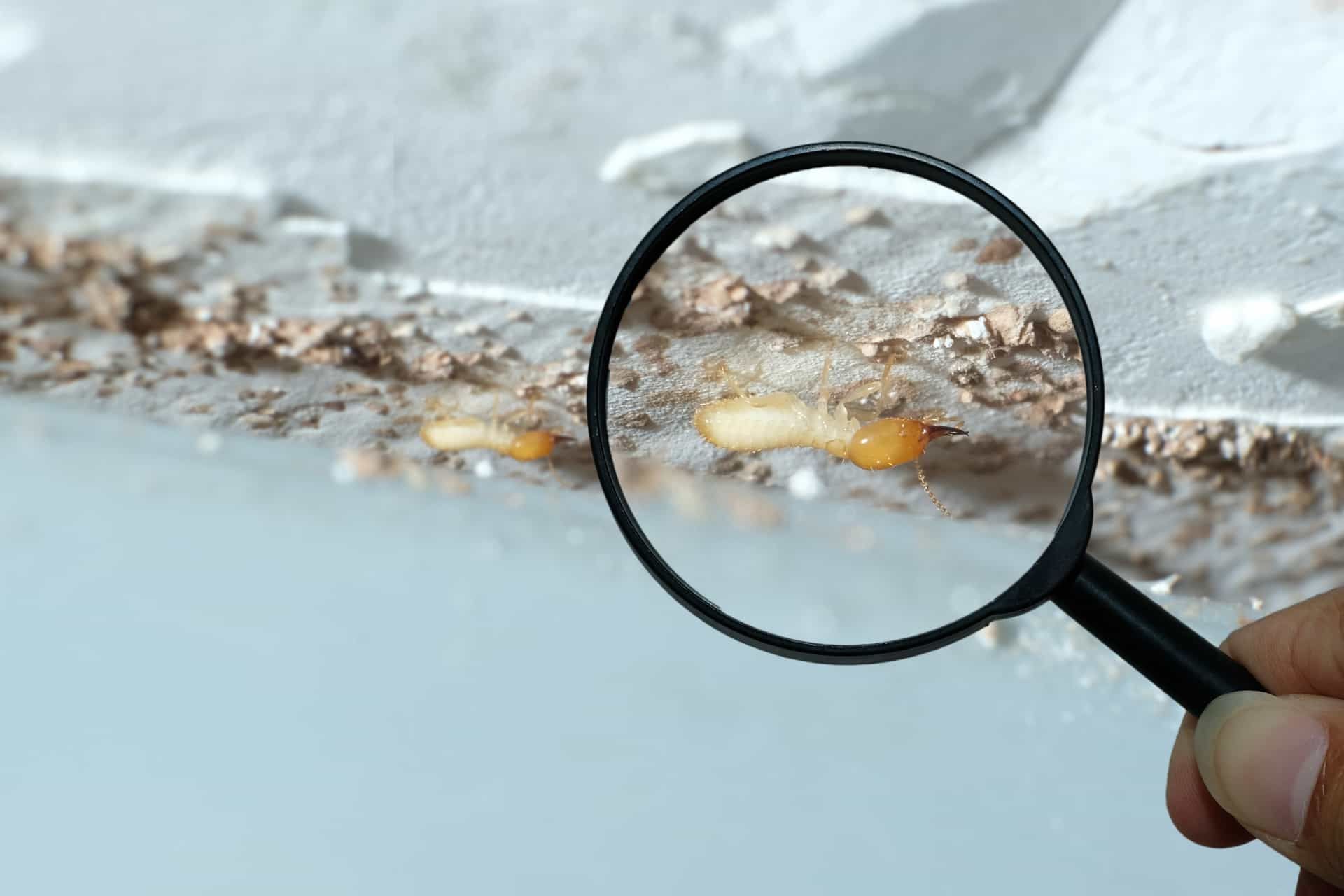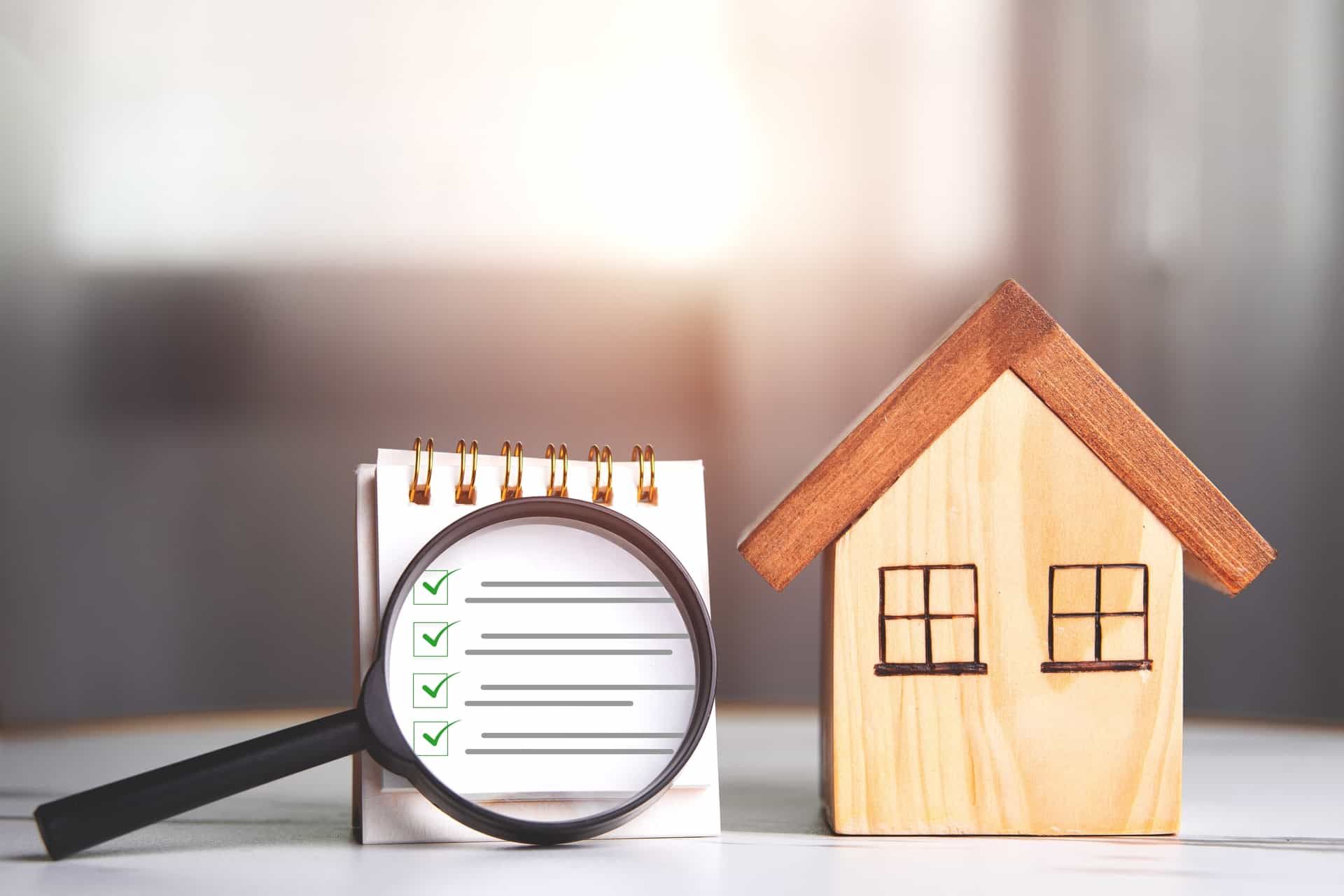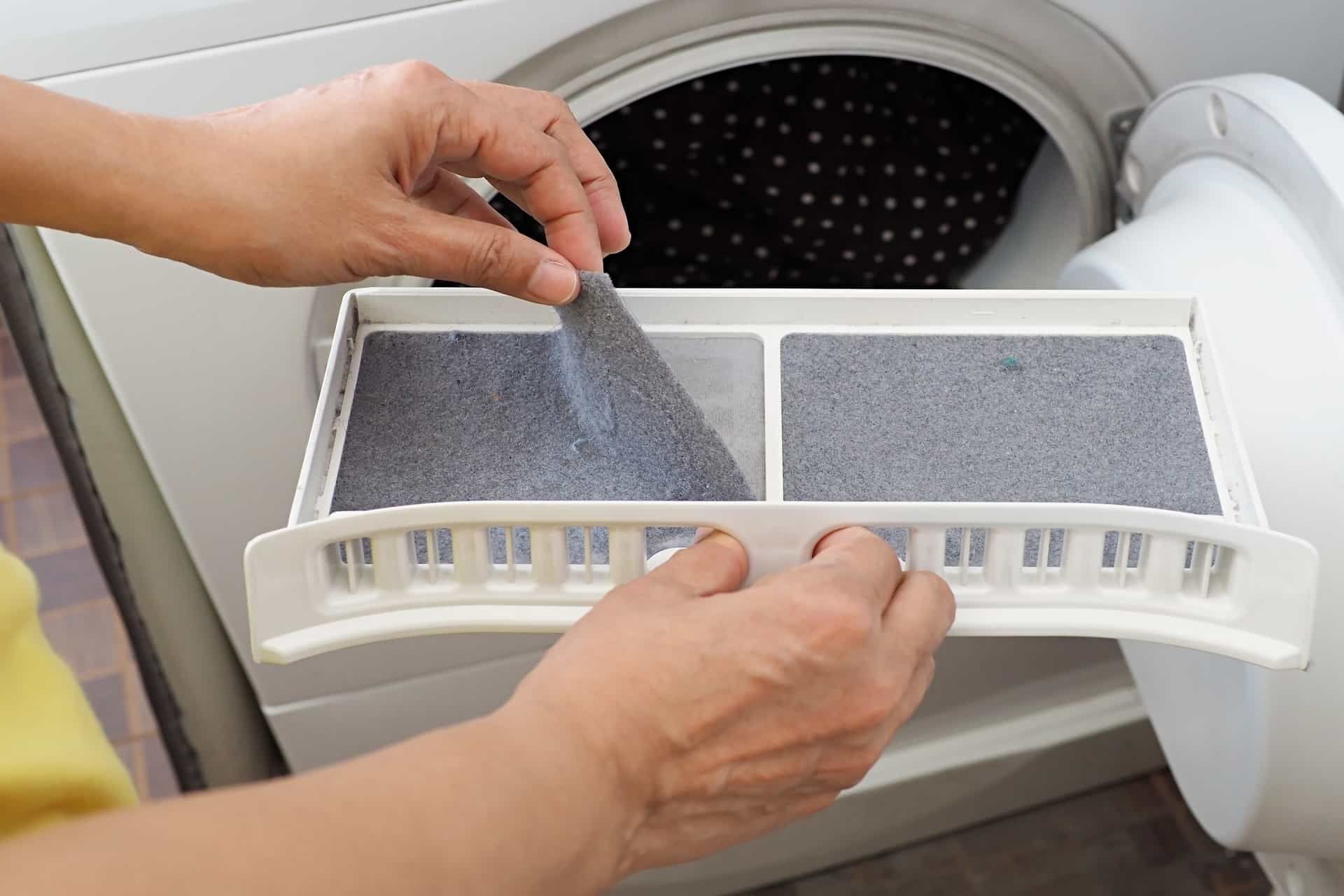Servicing Maryland, Pennsylvania, Washington DC, and Virginia
The Importance of Radon Testing in Commercial Buildings - Unveiling a Hidden Threat
While overseeing a property's operations, certain dangers often escape notice. While fire safety and structural stability are priorities, a threat lurks in the form of radon gas. Radon is frequently disregarded, raising a health hazard in homes and commercial establishments. This article explores the significance of conducting radon inspections and why they should be vital to your property inspection checklist.
The Hidden Threat: Radon in Commercial Buildings
Radon is a gas produced by uranium decay in soil and rocks. It lacks color, scent, and taste, making it easier to detect without inspections. When trapped indoors in confined areas like commercial buildings, radon can pile at dangerous levels, posing health hazards to occupants.
The Hazards for Occupants and Business Owners
Extended exposure to heightened radon levels can substantially elevate the risk of lung cancer, ranking as the leading cause of this disease after smoking. For businesses, this does not endanger employees' health and well-being. It also exposes them to potential legal consequences.
Furthermore, the adverse publicity stemming from health issues linked to radon could damage businesses' reputations, leading to setbacks and a loss of customer confidence.
Compliance with Regulations and Legal Responsibilities
The rules governing radon testing in commercial buildings have become more stringent in recent years, reflecting an increased awareness of the health dangers of radon exposure. Here is a detailed examination of this topic:
Regulatory Landscape
1. Government Guidelines: Various governments and regulatory bodies have implemented rules and regulations concerning radon testing and mitigation in commercial buildings. These measures are designed to safeguard health by establishing limits on radon levels and specifying testing requirements for different types of commercial properties.
2. Building Standards: Building codes may contain provisions related to construction techniques that resist infiltration and mandates for radon testing in categories of commercial structures. Adhering to these codes is crucial for obtaining building permits and ensuring occupant safety.
3. Workplace Health and Safety Regulations: Employers may also be required by health and safety regulations to evaluate and address radon risks in the workplace to safeguard their employees' well-being. Noncompliance with these regulations can lead to penalties and legal repercussions.
Legal Obligations
1. Disclosure Requirements: In regions, individuals selling properties or renting out spaces are legally bound to share details regarding building radon levels with potential buyers or tenants. Failing to disclose known radon dangers may result in legal disputes and financial repercussions.
2. Lease Agreements: Provisions concerning radon testing and mitigation responsibilities could be included in commercial lease agreements. Landlords might need to conduct radon tests before leasing a property or address any issues found during a tenancy.
3. Liability Concerns: Property owners and managers are responsible for offering occupants a healthy environment. Neglecting radon hazards could make them liable for health issues or injuries caused by exposure to radon.
Importance for Property Transactions
1. Due Diligence: Radon testing is often part of the inspection process for property transactions. Buyers may request radon test reports to evaluate risks and negotiate sale terms.
2. Risk Management: Sellers who take the initiative to conduct radon tests and resolve identified issues reduce the risk of legal disputes and safeguard their property value. Transparent disclosure of radon test results can also establish trust with buyers or tenants.
3. Insurance Requirements: Certain insurance firms might demand proof of radon testing and mitigation efforts as a prerequisite for covering properties. Ensuring that property owners meet insurance requirements is crucial to prevent gaps in coverage and maintain protection against liabilities.
The Importance of Conducting Commercial Radon Testing
1. Safeguarding Occupant Health and Safety
Exposure to radon poses a health risk, with prolonged exposure potentially leading to an increased likelihood of lung cancer. Maintaining indoor air quality is essential in commercial buildings where individuals spend time, such as offices, retail stores, and healthcare facilities. Radon inspection serves as a tool for identifying and addressing radon levels to safeguard the well-being of employees, customers, and visitors.
2. Adherence to Regulations and Liability Management
Many jurisdictions are enforcing regulations concerning radon testing in commercial buildings. Property owners and managers are responsible for ensuring an environment for occupants by addressing radon risks. Noncompliance with standards can result in fines, penalties, legal repercussions, and harm to the business's reputation. Regular radon testing showcases a commitment to compliance and reduces the likelihood of conflicts.
3. Mitigating Risks and Preserving Property Value
Detecting radon problems through routine inspections empowers property owners to take action, manage risks, and uphold property worth.
Commercial properties that have undergone radon inspection and taken steps to mitigate any issues are more appealing to tenants, investors, and buyers. By dealing with radon hazards, property owners can boost the attractiveness of their properties in the market, reduce vacancy rates, and either maintain or increase rental income.
4. Occupant Satisfaction and Productivity
Ensuring a healthy environment is not just a legal obligation but also enhances occupant satisfaction and productivity. Employees tend to feel valued and motivated when they see their employer prioritizing their well-being. Moreover, a healthy workplace can result in higher productivity and better employee morale, ultimately benefiting commercial business operations.
5. Long-Term Sustainability
Radon inspections play a vital role in long-term property management strategies and sustainability efforts. Proactively addressing radon hazards enables property owners to mitigate risks linked to health issues, legal conflicts, and property damage. Furthermore, promoting a safe and healthy environment aligns with social responsibility goals by showcasing a dedication to sustainability and community welfare.
In Conclusion
To sum up, conducting radon tests in Commercial Buildings is not merely a measure; it is both legally mandated and ethically essential for businesses.
When you add radon testing to your commercial inspection checklist, you're not just ensuring the safety of everyone inside and meeting regulations – you're also protecting your investment. It's essential to address this danger to safeguard the well-being and success of your business. Take measures today by conducting radon testing for a safer future.
For inspection and radon testing services, you can rely on
Protec Inspections. Our skilled team specializes in detecting and managing radon risks in properties and providing assurance for property owners and occupants in Maryland, Pennsylvania, Washington DC, and Virginia. Get in touch with us today to arrange an inspection and shield your property from this threat.
Disclaimer: The information on this website and blog is for general informational purposes only and is not professional advice. We make no guarantees of accuracy or completeness. We disclaim all liability for errors, omissions, or reliance on this content. Always consult a qualified professional for specific guidance.
Recent Posts
Contact Us
We will get back to you as soon as possible.
Please try again later.
Main Office:
16829 Budd Road, Poolesville, MD 20837
Email:
clientcare@protec-inspections.com
Phone:
301-972-8531
Our Mission is to protect the ones you love with inspections you can trust!
Our Vision is industry leaders providing exceptional real estate solutions.
All Rights Reserved.
Website Designed & Managed by Oamii.





